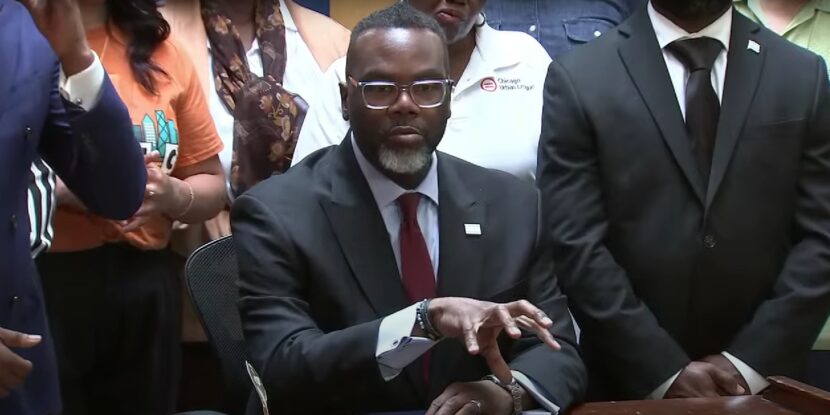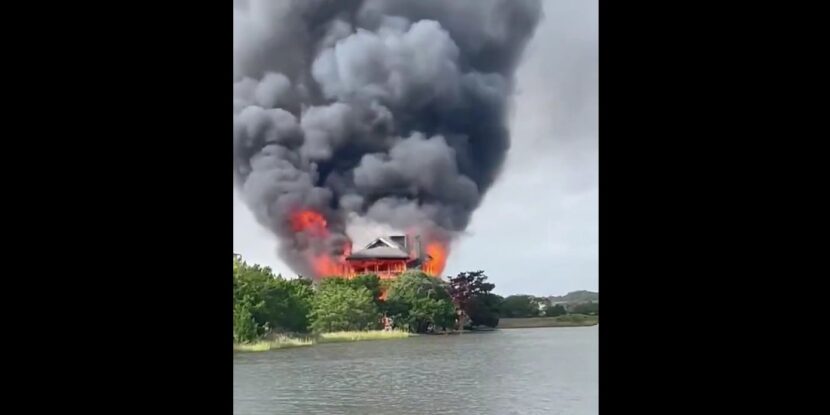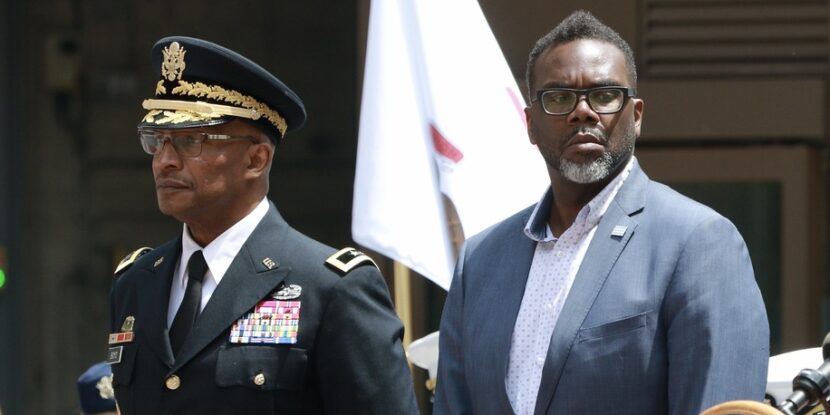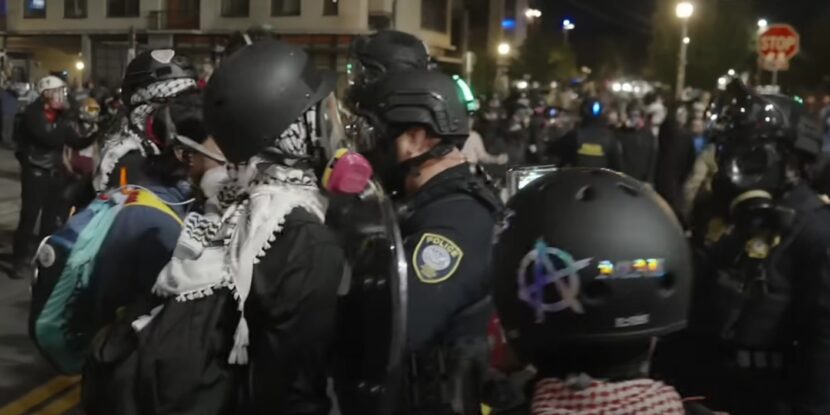❓WHAT HAPPENED: Attendance at the annual Conservative (Tory) Party conference in Britain is embarrassingly low, as evidenced by photos of the main hall.
👤WHO WAS INVOLVED: Conservative Party members, party leader Kemi Badenoch, Shadow Chancellor Mel Stride, and Nigel Farage and his Reform Party.
📍WHEN & WHERE: The Conservative Party conference, October 6, in Manchester, England.
💬KEY QUOTE: “More people have joined Reform in the past 24 hours than were in the room for Kemi’s conference speech.” – Nigel Farage
🎯IMPACT: The low turnout highlights the Conservative Party’s rapid collapse after 14 years in government from 2010 to mid-2024, with Farage’s party set to supplant them on the British right.
The Conservative (Tory) Party’s annual conference in Manchester, England, is seeing strikingly low attendance. This is the first party conference since the Nigeria-raised Olukemi “Kemi” Badenoch assumed leadership in November 2024.
The Tories governed Britain from 2010 to mid-2024, securing the party’s biggest parliamentary mandate since Margaret Thatcher under Boris Johnson in 2019. However, a series of scandals, the mishandling of the coronavirus pandemic, and especially the unprecedented “Boriswave” of mass migration the party unleashed on the country from 2021 onwards saw it suffer a crushing loss in the 2024 general election, despite the now-governing Labour Party earning fewer votes than it did in the previous election. The Tories are now polling at a mere 16 percent nationally.
Sky News’ Amanda Akass highlighted the sparse crowd during Shadow Chancellor Mel Stride’s speech, sharing a photo of the nearly empty room. GB News called it the “quietest” Tory conference in nine years.
Not exactly a packed hall for Shadow Chancellor Mel Stride’s big speech at #ConservativePartyConference @SkyNews pic.twitter.com/YS8Y6PkU6H
— Amanda Akass (@amandaakass) October 6, 2025
For The Telegraph, formerly so strongly aligned with the Conservatives that it was nicknamed ‘The Torygraph,’ acting comment editor Poppy Coburn said, “Having gone to [the] 2023 Conservative Conference in Manchester, this year feels utterly depressing. You can really feel the membership exodus.”
Matthew Torbitt, a homelessness campaigner who had been due to speak at a fringe event at the conference, noted on X (formerly Twitter), “To give you an understanding of how quiet the Conservative conference is, the fringe I was due to be speaking at on Wednesday has been cancelled. The footfall is so low it’s been decided it would be largely pointless.”
Reform Party leader Nigel Farage quipped that “More people have joined Reform in the past 24 hours than were in the room for Kemi’s conference speech.” Notably, recent polls indicate the Conservatives would win just 45 parliamentary seats out of 650 in a hypothetical election, with two-thirds of party members wanting an electoral pact with Farage.
Join Pulse+ to comment below, and receive exclusive e-mail analyses.









